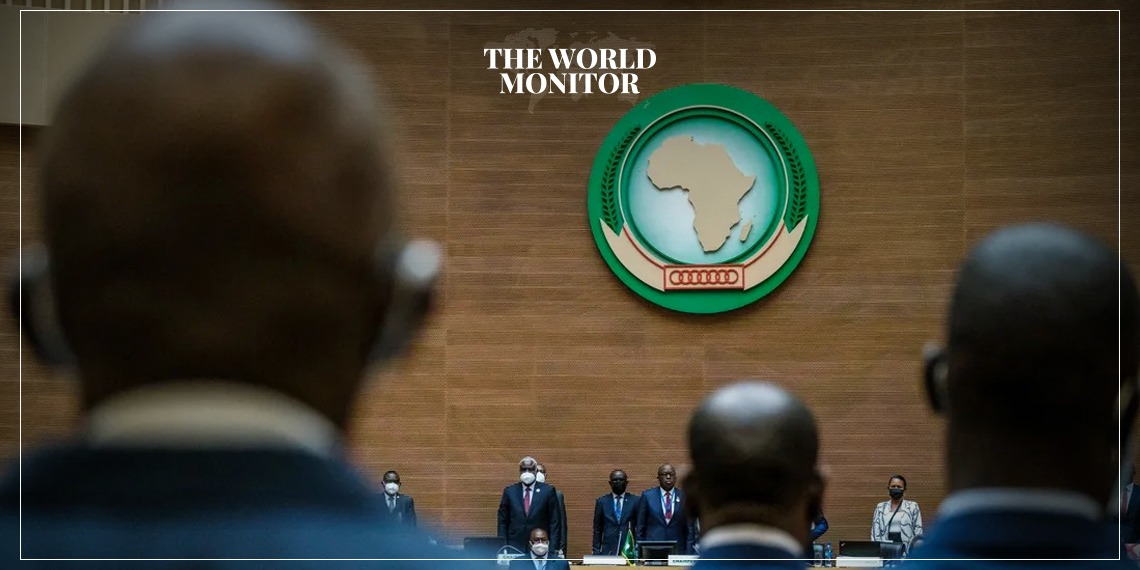Nimira Negm, the Director of the African Union’s Migration Observatory, recently clarified the African Union’s policies that have led to its support for the Palestinian cause, while maintaining neutrality in the ongoing Russia-Ukraine conflict.
During her lecture titled “The Unique Appeal of the African Union to International Lawyers of African Descent” at the University of Vienna this month, part of the twentieth-anniversary conference of the International Organizations Law Review, Negm discussed the African Union’s role in the Palestinian issue. She emphasized that the African Union’s commitment to self-determination and ending occupation is not confined to African borders but extends to supporting the struggle for independence of other developing countries.
Negm highlighted the African Union’s inclusion in the G20, asserting that this encourages the Union to play a broader role in international affairs, defending the continent’s interests, shaping policies, and formulating international law rules.
Responding to a question about the Union’s neutrality in the Ukrainian crisis, compared to its support for Palestine in the current Gaza crisis, Negm explained that, like nations worldwide, Africa as a continent looks after its interests. The Ukrainian crisis threatens Africa’s food security, as Russia and Ukraine are among the world’s largest grain exporters. Therefore, the Union does not adopt a stance favoring the interests of other countries at the expense of its own.
Palestine, she noted, shares a border with Egypt, an African country, and the genocide occurring in Gaza directly impacts it. The African Union, and its predecessor the Organization of African Unity, has consistently supported the Palestinian cause, demanding an end to Israeli occupation, the protection of civilians, and the establishment of a Palestinian state alongside Israel.
On Egypt’s role and the Rafah crossing, Ambassador Negm condemned the obstacles Israel places in the path of relief aid into the Gaza Strip. She explained that while Egypt opens the Rafah crossing and trucks line up to enter Gaza, they face difficulties due to Israeli bombing. Risking entry without a ceasefire or Israeli acceptance could potentially drag Egypt into a war with Israel, leading to widespread death and destruction.
Negm also encouraged African lawyers, both within the continent and abroad, to work on legal frameworks that protect and enhance African state sovereignty and legal systems, responding to the needs and aspirations of African people. She mentioned the African Union’s support in Mauritius’ recovery of the Chagos Archipelago from Britain at the International Court of Justice as an inspiring example for African lawyers.
Negm stated that African lawyers view the African Union’s legal work as a distinctive voice in international legal discourse, offering solutions to challenges that align with African realities. They are keen to join as architects of this emerging legal landscape and advocate for legal reforms that transcend the remnants of colonialism.






